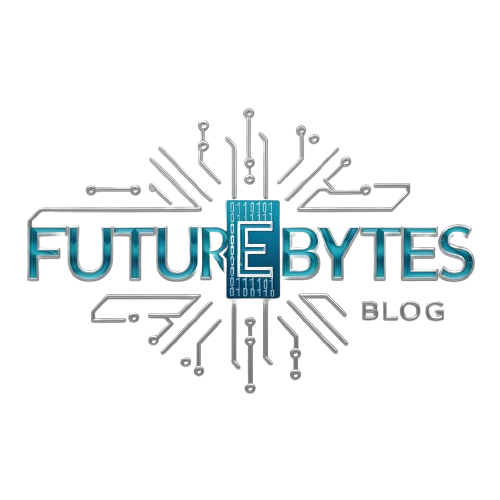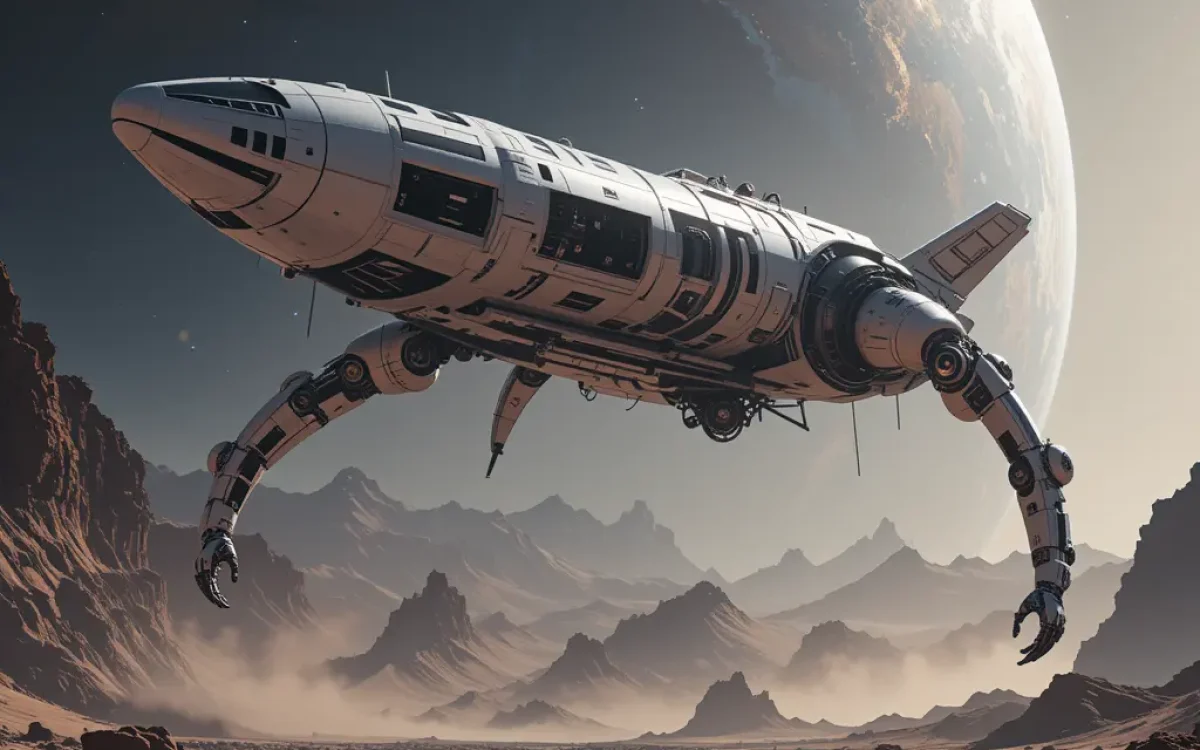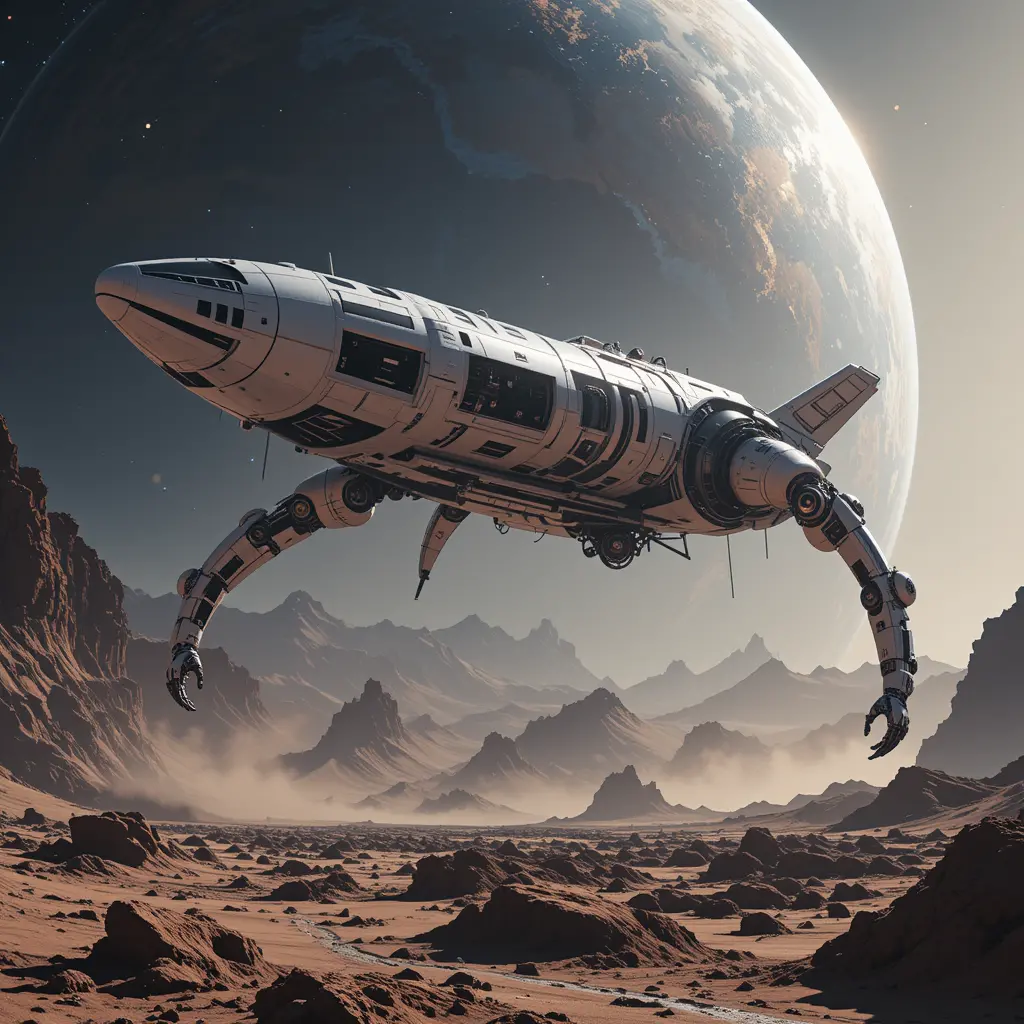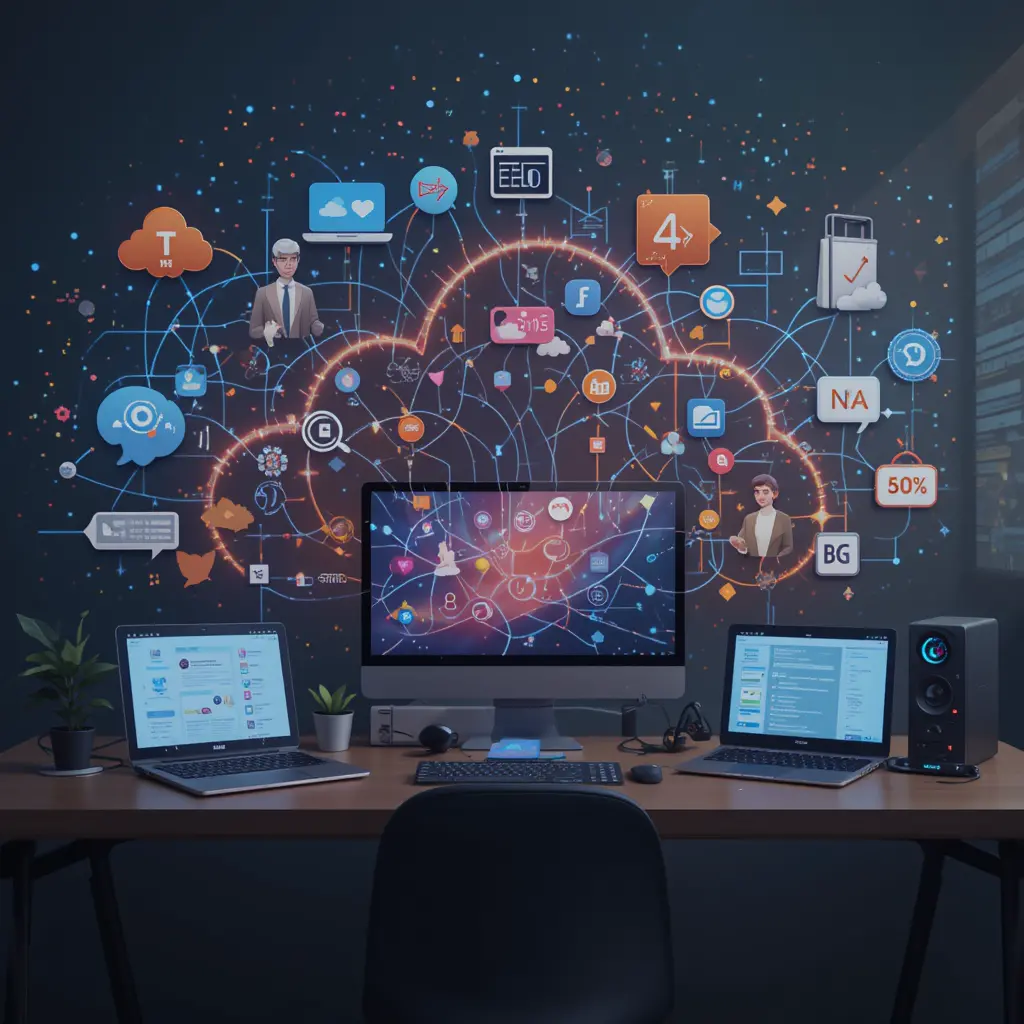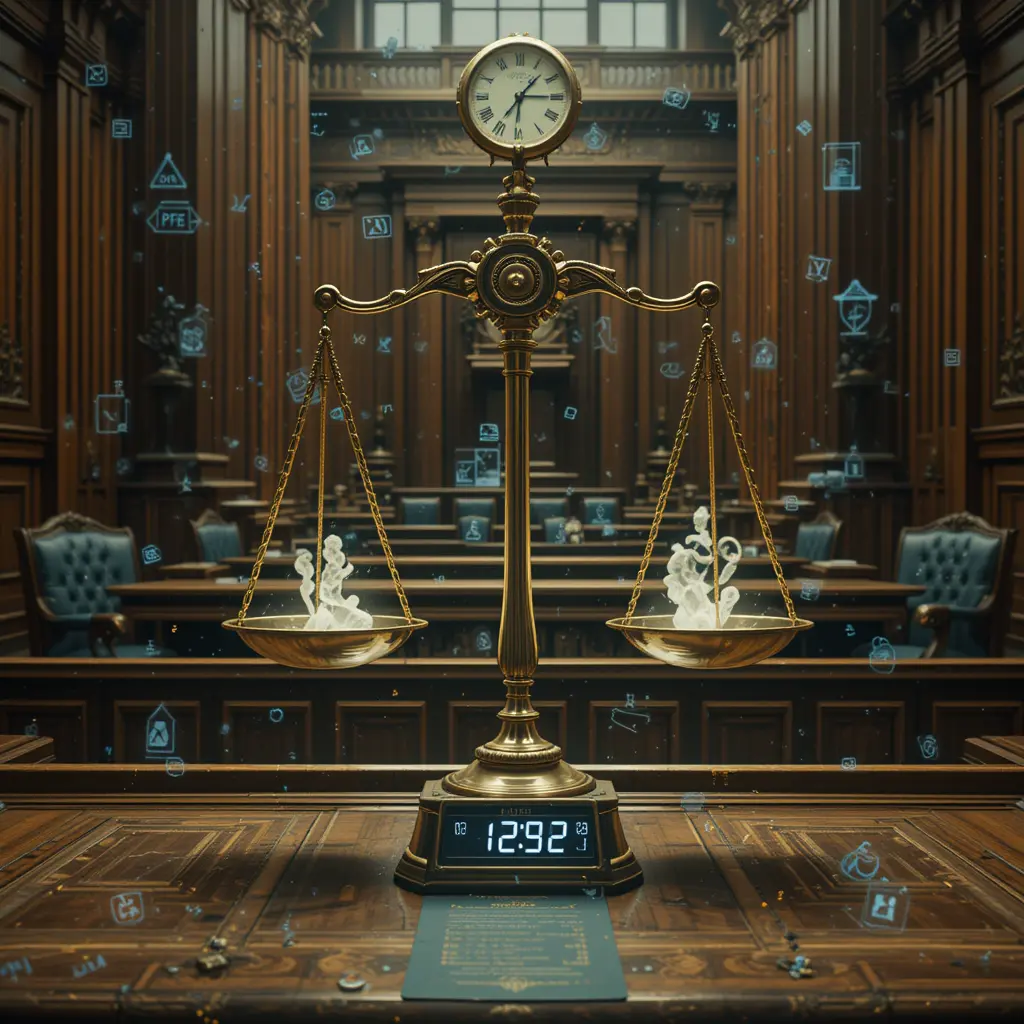The vastness of space holds countless mysteries waiting to be uncovered. Artificial Intelligence (AI) is transforming how we explore these cosmic frontiers. AI enhances our ability to analyze vast amounts of data from space missions. It enables spacecraft to navigate and make decisions autonomously. This technology accelerates discoveries and expands our understanding of the universe. As AI continues to evolve, it promises to unlock new possibilities in space exploration.
The Evolution of AI in Space Missions
The evolution of AI in space missions is a fascinating journey that mirrors the rapid advancements in technology. From the early days of space exploration, where human intuition and manual calculations were the norm, to today’s sophisticated AI systems, the transformation is nothing short of remarkable. As a Space Exploration Expert, I find it thrilling to witness how AI has become an integral part of our quest to understand the cosmos.
From Basic Automation to Intelligent Systems
In the beginning, AI in space missions was limited to basic automation tasks. For instance, early satellites relied on simple algorithms to maintain their orbits. However, as technology progressed, so did the capabilities of AI. Today, AI systems can analyze vast amounts of data from space telescopes, identifying celestial bodies that might have been missed by human eyes. This shift from basic automation to intelligent systems has been crucial in expanding our understanding of the universe.
One real-world analogy that comes to mind is the evolution of personal computers. Just as PCs have evolved from simple calculators to powerful machines capable of complex tasks, AI in space missions has grown from performing basic functions to executing sophisticated analyses. This transformation highlights the role of AI in space exploration as a catalyst for discovery and innovation.
Personal Insights and Anecdotes
Reflecting on my experiences, I recall a mission where AI played a pivotal role in navigating a spacecraft through a dense asteroid field. The AI system, equipped with advanced sensors and algorithms, made split-second decisions that ensured the safety of the mission. This experience reinforced my belief in the potential of AI to revolutionize space exploration.
In my opinion, the future of space missions will increasingly rely on AI. As we venture further into the unknown, AI will be our trusted companion, helping us unlock new frontiers and unravel the mysteries of the universe. The journey is just beginning, and I am excited to see where it will lead us.
AI Technologies Transforming Space Exploration
Space exploration has always been a field of wonder and discovery. With the advent of AI technologies, this exploration is reaching new heights. The role of AI in space exploration is not just about efficiency; it’s about transforming how we understand the universe. Imagine a world where machines can think and learn, helping us uncover the mysteries of space.
AI Technologies Revolutionizing Space Missions
AI technologies are like the Swiss Army knife of space exploration. They offer a range of tools that make missions more effective. For instance, AI-driven rovers on Mars can analyze soil samples and send data back to Earth. This process is much faster than traditional methods. I remember reading about the Curiosity rover, which uses AI to navigate the Martian terrain. It’s like having a self-driving car on another planet!
Another fascinating application is in satellite data analysis. AI can process vast amounts of data from space telescopes, identifying patterns that humans might miss. This capability is crucial for discovering new planets or monitoring climate changes. In my opinion, the integration of AI in these tasks is a game-changer. It allows scientists to focus on interpreting results rather than sifting through endless data.
Personal Insights and Future Prospects
Reflecting on my experiences, I recall a project where AI was used to predict solar flares. The accuracy was astounding, and it highlighted the potential of AI technologies in safeguarding our planet. The role of AI in space exploration is not just about what we can achieve now, but what we can dream for the future. As we continue to push boundaries, AI will undoubtedly be at the forefront, guiding us through the cosmos with its ever-evolving capabilities.
Challenges and Opportunities in AI-Driven Space Exploration
Space exploration has always been a field of immense curiosity and challenge. With the advent of AI, we are witnessing a transformation in how we approach the cosmos. The role of AI in space exploration is not just about automating tasks; it’s about pushing the boundaries of what we can achieve.
Challenges in AI-Driven Space Exploration
One of the primary challenges is the unpredictability of space environments. AI systems must adapt to unforeseen circumstances, like sudden solar flares or unexpected asteroid fields. I remember a mission where our AI had to recalibrate its sensors due to a dust storm on Mars. It was a tense moment, but the AI’s ability to learn and adjust was remarkable. However, this adaptability requires extensive training and testing, which can be resource-intensive.
Opportunities for Innovation
Despite these challenges, the opportunities are vast. AI-driven space exploration allows us to analyze data at unprecedented speeds. For instance, AI can sift through vast amounts of astronomical data to identify potential planets for human habitation. This capability is akin to finding a needle in a haystack, but with AI, the haystack becomes much smaller. Personally, I believe that AI will be the key to unlocking new frontiers in space, making the impossible possible.
In conclusion, while the role of AI in space exploration presents challenges, the potential for discovery and innovation is immense. As we continue to refine these technologies, the stars are no longer the limit but just the beginning.
Future Prospects of AI in Space
As we gaze into the cosmos, the potential for AI in space exploration seems boundless. The integration of AI technologies is not just a futuristic concept; it is a reality that is reshaping how we explore the universe. From autonomous spacecraft to intelligent data analysis, AI is becoming an indispensable tool in our quest to understand the cosmos.
AI’s Expanding Role in Space Missions
AI’s role in space exploration is akin to having a reliable co-pilot on a long journey. Imagine a spacecraft navigating through the vastness of space, making real-time decisions without human intervention. This is not science fiction; it is happening now. AI systems can process vast amounts of data, identify patterns, and make decisions faster than any human could. This capability is crucial when exploring distant planets where communication delays with Earth can be significant.
In my experience as a space exploration expert, I have seen AI transform mission planning. For instance, AI algorithms can predict the best launch windows, optimize fuel consumption, and even suggest alternative routes in case of unexpected obstacles. These advancements not only save time and resources but also increase the success rate of missions.
Future Prospects of AI in Space
The future prospects of AI in space are exciting. We are on the brink of a new era where AI could enable us to explore regions of space previously deemed unreachable. Consider the potential of AI-driven rovers that can autonomously explore the Martian surface, conducting experiments and sending data back to Earth. This would allow scientists to focus on analysis rather than manual control.
Moreover, AI could play a pivotal role in the search for extraterrestrial life. By analyzing data from telescopes and space probes, AI can identify anomalies that might indicate the presence of life. This is a thrilling prospect for anyone passionate about space exploration.
In conclusion, the role of AI in space exploration is not just about enhancing current capabilities; it is about unlocking new frontiers. As we continue to push the boundaries of what is possible, AI will undoubtedly be at the forefront, guiding us through the stars.
